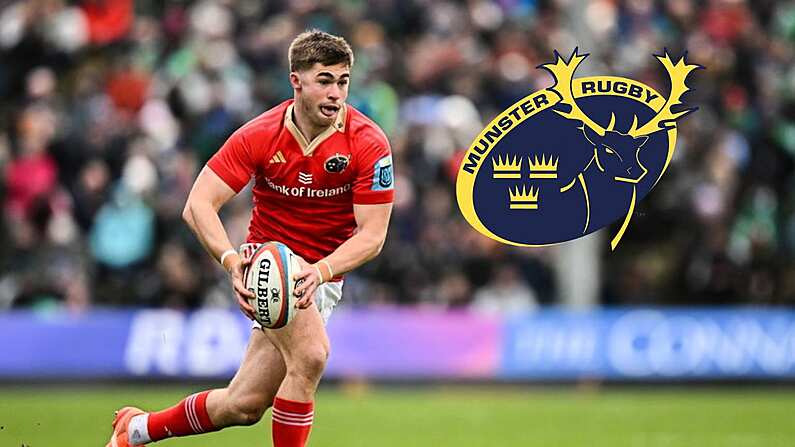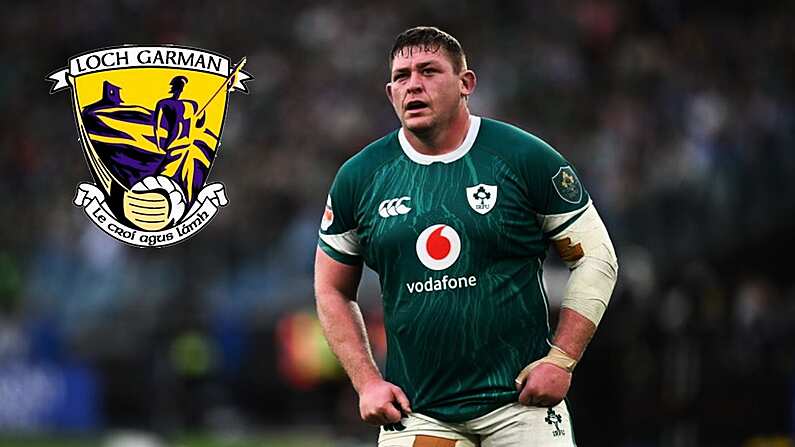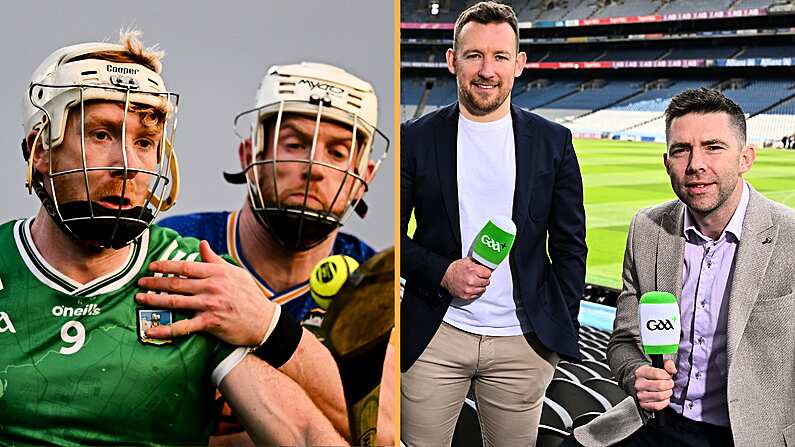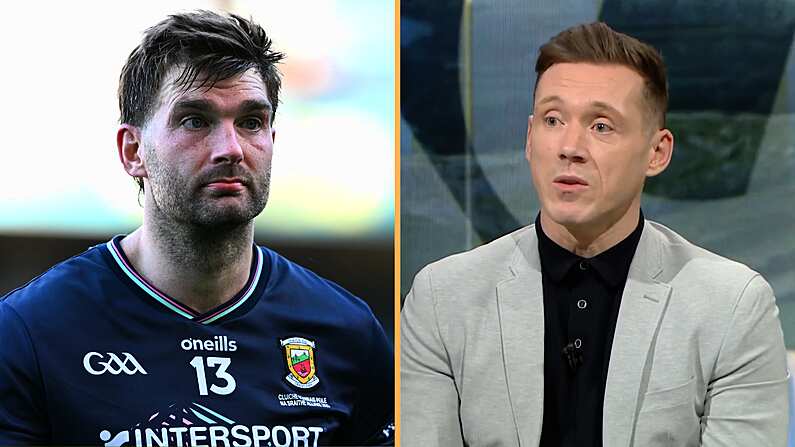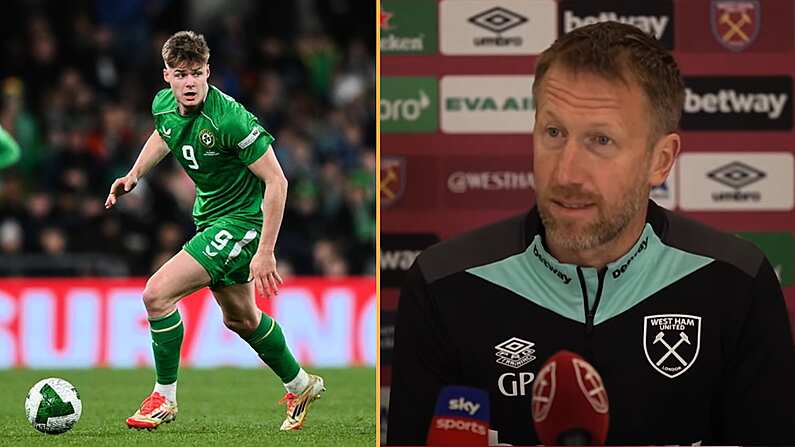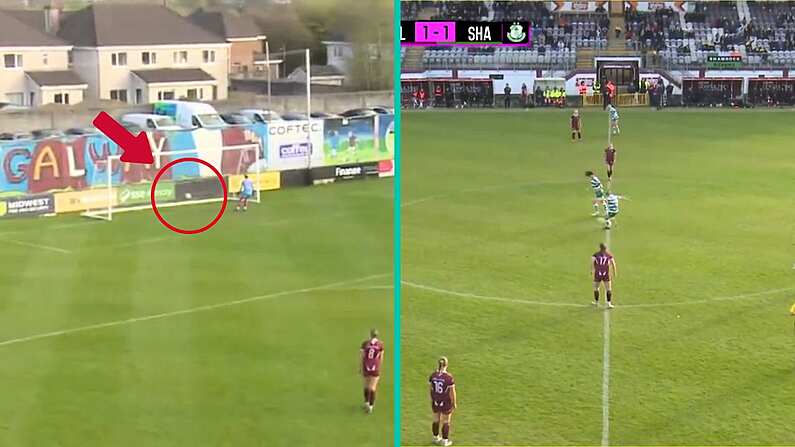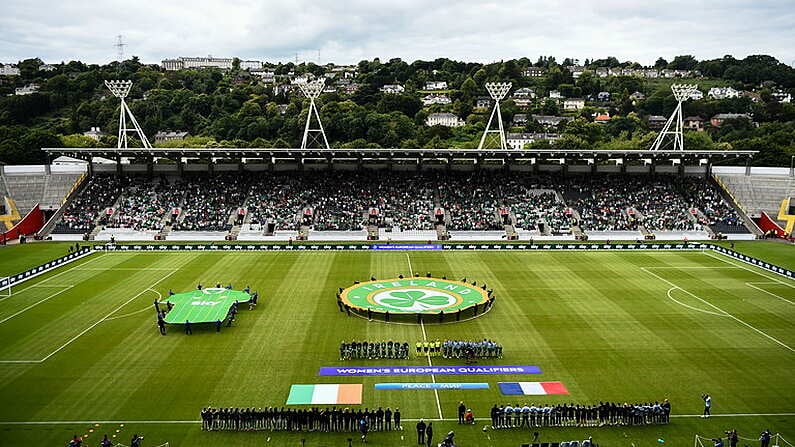The way the story is often told Newcastle were floating serenely atop the Premier League until Alex Ferguson unsettled them with his comments about Leeds United.
Kevin Keegan's blow up turns twenty years of age today. These days, it is re-screened on Sky almost as much as that Liverpool-Newcastle 4-3 game from earlier that month.
(That match clocked up its 10,000th repeat on Sky recently).
The celebrity talking heads on BBC Three nostalgia-fests unanimously recall the incident as the decisive factor in the title race, the moment when a Newcastle's brittle manager tossed the title away under pressure from a Glaswegian evil genius. The 1995-96 season evokes more wistful nostalgia than perhaps any other Premier League season.
People vaguely recall that Newcastle once lead the League by about 12 points that year. They connect that fact to Keegan throwing a wobbler on telly late in the season and thus the myth was born.
The facts tell a more mundane tale. Manchester United had already caught up with Newcastle and passed them out.
They won the game because Eric Cantona kept scoring goals in 1-0 wins rather than anything their manager did in post-match interviews.
Newcastle led the League by twelve points in mid-January. As late as the 17th February, Newcastle's lead was nine points with a game in hand.
The matter of when Man United became favourites is complicated by the fixture list, which left Newcastle with games in hand most of the time.
Manchester United nosed ahead with games in hand taken into account in the first week of April. The night he chose to deliver a bollocking to the Leeds players, ostensibly on behalf of their exasperated manager Howard Wilkinson, United were already looking strong in the title race.
Still pop psychologists revel in the narrative because it copperfastens Ferguson's reputation as the master of that most nebulous of concepts - mind games.
In an article on ESPN FC a couple of years back, Rory Smith outlined the difficulty in defining what does and doesn't constitute 'mind games' in football management.
Smith discerned that the most important factor in being seen to 'win at a mind game' is to be regarded as a 'master of mind games'. In football management, once you gain a reputation for engaging in mind games everything you do is seen through that prism.
Most importantly, they are also solely the preserve of winners.
A manager of Aston Villa can not be said to indulge in mind games. If he tries he'll just be accused of talking shit and losing the plot.
Smith established that Mourinho and Ferguson can never be determined to lose a mind game (though Mourinho's reputation has taken such a hit lately, it's possible he could now be portrayed as the loser in a mind game war).
And yet, arguably Fergie's most transparent attempt at a mind game - in that it seemed a deliberate attempt to unnerve his main rivals - occurred towards the end of the 1994-95 season, when he suggested that Blackburn Rovers might lack the 'bottle' to finish the job.
He wrote in his Hugh McIlvanney ghosted autobiography that he had remembered Jock Stein directing similar comments at Rangers in the late 1960s back when Ferguson was a player at Ibrox.
After Blackburn's shaky 1-0 win at home to Newcastle, goalkeeper Tim Flowers proceeded to use the word 'bottle' about 7,000 times in his post-match interview.
This 'mind game' is almost totally ignored because Blackburn went on to win the League.


